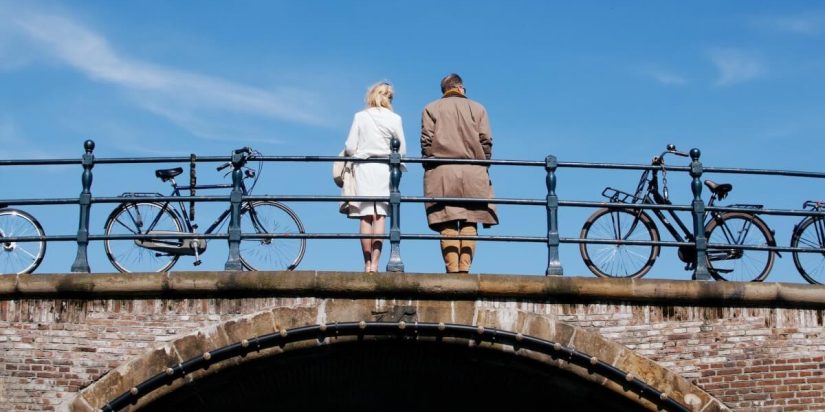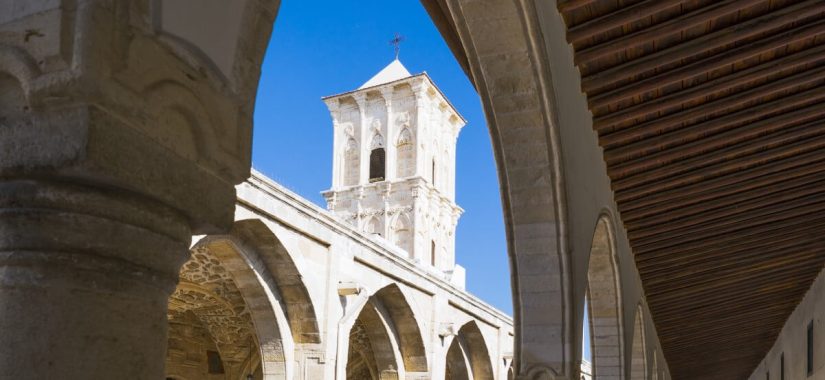Is the COVID-19 Pandemic a Catalyst for EU Countries to Introduce Restrictions for Tourists?
The COVID-19 pandemic has had very negative effects on the tourism industry but it has enabled residents of over touristy countries to enjoy some quieter times.
This can be one of the reasons why several European countries have introduced more restrictive measures to tourists in recent years, with some countries imposing restrictions on their most popular attractions, SchengenVisaInfo.com reports.
In the three-year period of post-pandemic, indicating 2021 to 2022, countries like Spain, Portugal, Italy, Austria and the Netherlands have introduced several limitations to visitors while Amsterdam is expected to have the highest tourism taxes in the EU next year.
Spain
The popular pilgrimage destination, Santiago de Compostela is planning to launch a tourist tax in an effort to prevent over-tourism as it receives more than 300,000 tourists and pilgrims every year.
In addition, Mallorca city previously banned tourists from wandering around the city nearly naked, with Palma and Playa de Palma also having the same approach.
Just recently, the city of Seville also warned it would ban tourists from doing obscene behaviour at bachelor and bachelorette parties. The new measure comes as residents have expressed anger and frustration at visitor behaviour following the rise in tourist numbers post-pandemic.
Portugal
Playing loud music at many Portuguese beaches can get tourists fined up to €36,000, with the prices varying between the individual people that disturb beachgoers and groups.
Moreover, travellers at these beaches in Portugal are restricted from unauthorised ball games, camping outside appropriate places for campsites, and fishing in bathing designated areas. Min addition, overflight by aircraft below 1,000 except for rescue operations, is prohibited.
Italy
In 2021, Italy banned large cruise ships from Venice’s historic lagoon and also ordered measures to limit access to the Trevi Fountain and the Spanish Steps. In addition, it started charging entry fees to visit the Pantheon while international authorities, like the United Nations culture agency, revealed that Venice could be added to an endangered destination due to mass tourism and climate change.
Portofino has also banned tourists from standing at “no-waiting zones” which are usually known for being famous sites where people take pictures. Those that do not abide by the rules, can be fined €275.
In 2023, Florence also banned short-term private vacation rentals in its historic centre, which is protected by UNESCO. As noticed, the majority of these restrictions took place after the outbreak and an approach that tries to limit tourism and crowding and prioritises residents as well as their wellbeing is being applied across these countries.



